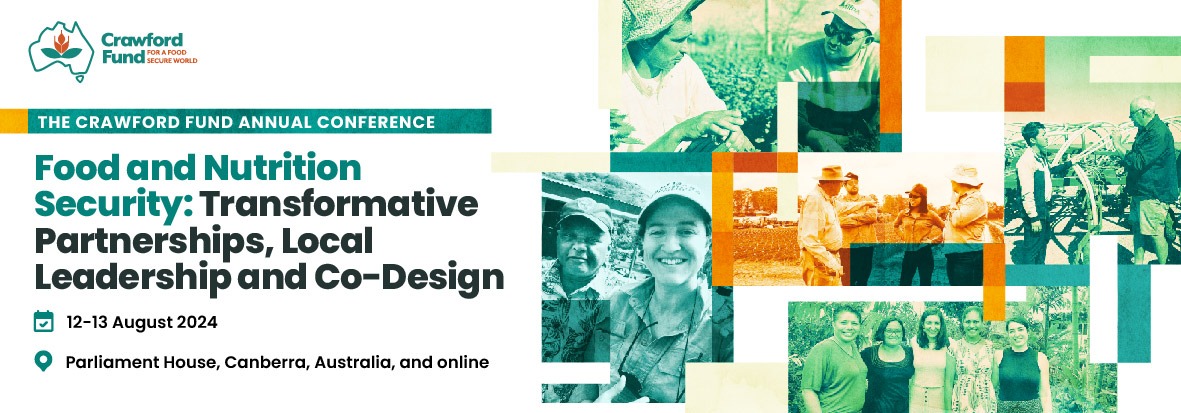

Professor Hampus Eriksson
Senior Scientist, WorldFish and Professor at University of Wollongong’s Australian National Centre for Ocean Resources and Security
Hampus Eriksson is a systems ecologist with 20 years experience from transdisciplinary collaborations in the academic, fisheries and international development sectors in Africa, Asia and the Pacific. He holds a joint appointment as a Professor at the Australian National Centre for Ocean Resources and Security (ANCORS) at the University of Wollongong and as a Senior Scientist leading the WorldFish research program in Solomon Islands. In his WorldFish role he is also leading work in the CGIAR Initiative on Aquatic Foods, coordinating a growing program on island food systems. His research portfolio includes island food system assessment, and how to design and evaluate research for development initiatives in these systems. This is an applied research agenda that include both theory and practice to nurture legitimate partnerships. Hampus is regularly sought by international organisations and research agencies for advice and leadership on incorporating such principles in partnership models and research design.
Session 2 Overview – Prof. Hampus Eriksson, 2024 Crawford Fund Conference
Q&A Session 2 – 2024 Crawford Fund Conference
